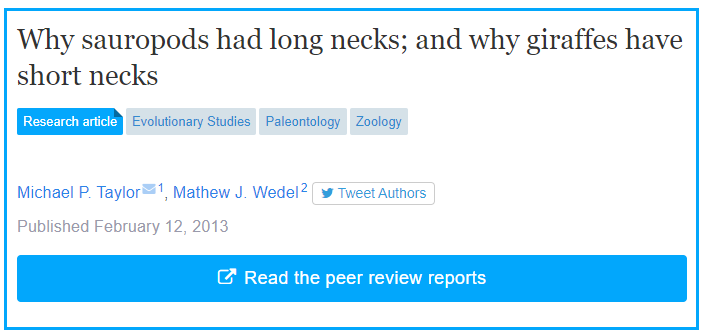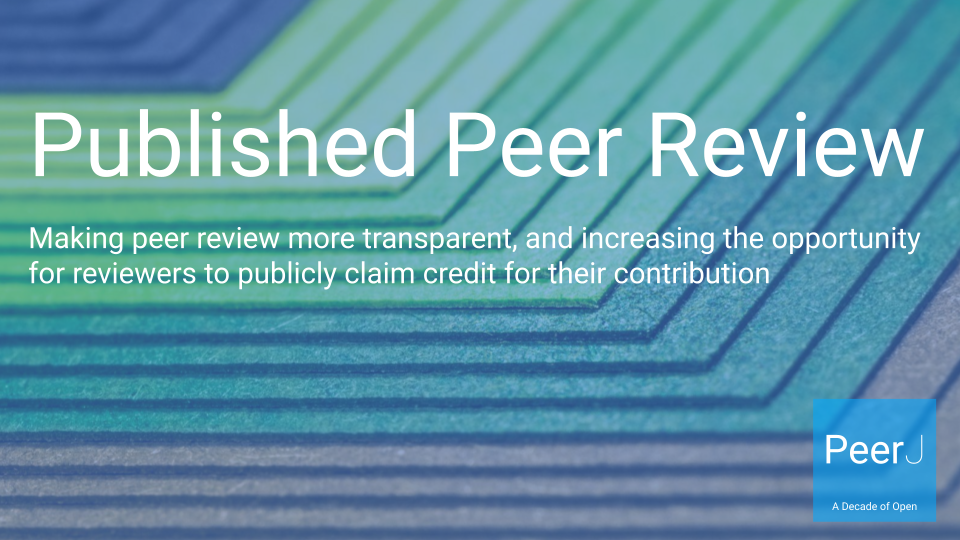We’re making peer review more transparent at PeerJ, and increasing the opportunity for reviewers to publicly claim credit for their contribution
Since PeerJ’s launch 10 years ago we have championed Open Peer Review by offering authors the option to publish their peer review reports (“Published Peer Review” or “Open Reports”). We believe that Published Peer Review leads to a more constructive and collegial process; that the reviewer reports and editorial decisions constitute an important part of the scientific record; and they provide a way for reviewers (if they choose) and editors to be publicly credited for their important contribution.
Since we launched, the majority of authors have chosen to publish their peer review history in its entirety; we have published the peer review reports and editor decisions of over 9,800 articles, equating to around 60% of our total output. Published Peer Review has not, however, become the “norm” as we had hoped.
The 12th February 2023 marks an important milestone for PeerJ, as it will be 10 years since we published our first articles. It will also be the last day that new submissions will be presented with an option to publish their peer review history in full.
From February 13th onwards, ALL new submissions, if accepted for publication, will have their peer review reports and decision letters published alongside the article.
This decision will help unlock the value of peer review, and allow our contributors to claim the credit they deserve. We’ve also tweaked our article display, to make the peer review history more prominent to our readers. Here’s how it looks on one of the articles published on PeerJ’s first day of publication in 2013:

Reviewers will still have an option to submit their reports anonymously. We know that the majority of reviewers prefer to remain anonymous, and there are no plans to change this option, but it offers us an opportunity to remind reviewers that:
- PeerJ’s review reports are assigned individual DOIs
- Signing your review is the easiest way to claim credit for your contribution to peer review.
- PeerJ Contributors receive more Contribution Points when they sign their review.
And don’t forget that you earn PeerJ Tokens when you review, which you can exchange for APC discounts – find out more about Contributor rewards here, and sign up to our reviewer database here.
We will continue to push for peer review to become more open, and intend to investigate incentives to increase the number of contributors who choose to sign their review.
We welcome your feedback on our plans. Tweet us @thePeerJ, tell us what you think on Mastodon (@[email protected]) or email us.

